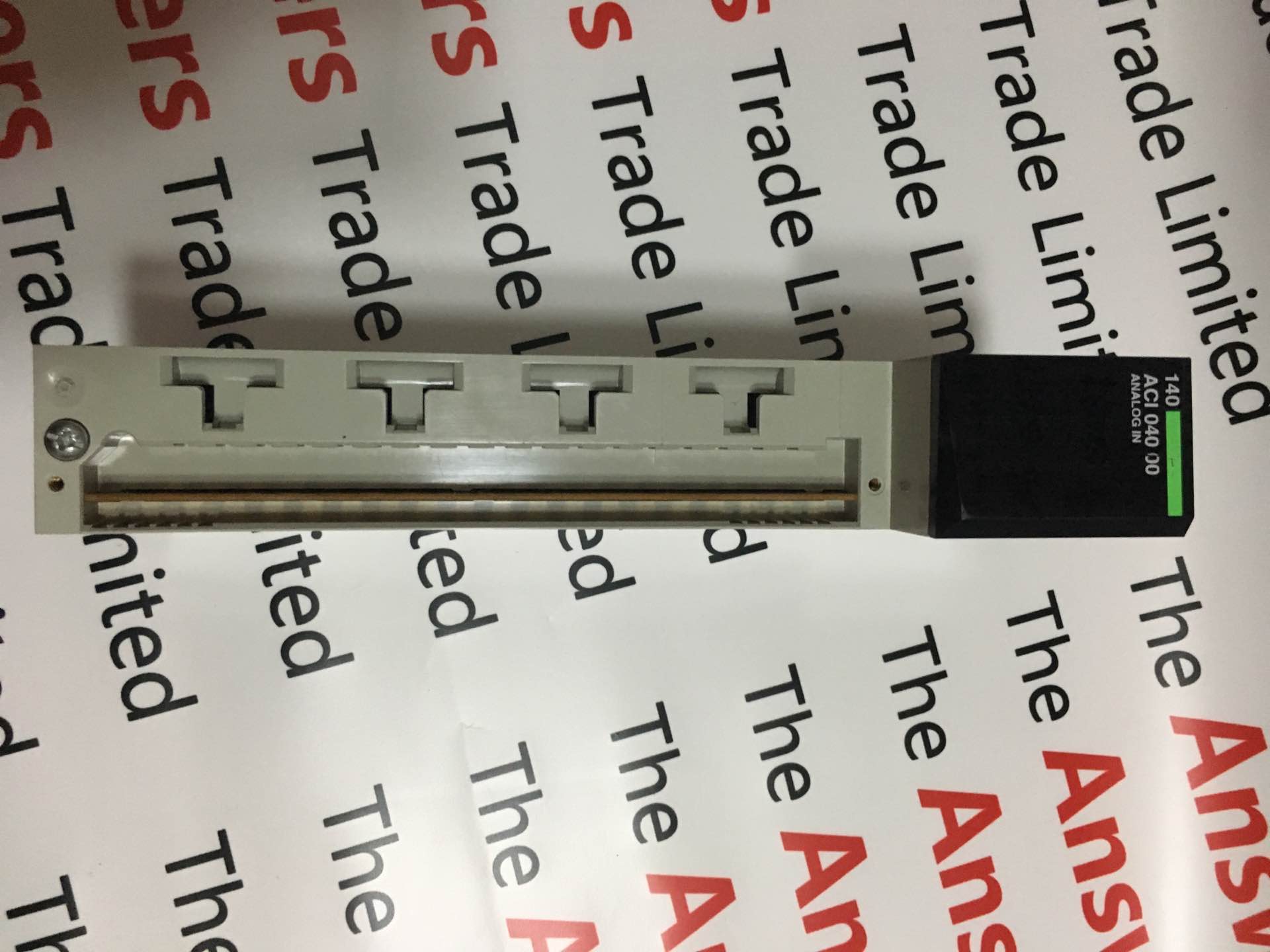These mobile phone brands may be acquired or acquired in the future
In the past few years, the growth of smart phones has constantly reshaped the market structure. The major mobile phone brands are rushing to grab in terms of shipments, market share, product specifications, and average selling prices. Especially in the world’s largest Chinese market, mergers and acquisitions between mobile phone brands and capital infiltration have become more frequent. It can be said that smart phones are returning to the PC market to smash and shuffle. Is it acquired?
Schneider Electric Industrial Division is a global leader in machine automation, discrete automation and process automation. Through superior products, innovative solutions and a deep understanding of the industry, the Industrial Division continuously helps customers increase production capacity, ensure safety and reduce energy consumption. The continuous and rapid development of the Industrial Division benefits from a close and seamless care for the customer's entire life cycle, and a healthy partner ecosystem that embraces unique channel partners and technology partners. The unparalleled broad portfolio of industrial divisions includes industrial control components, frequency converters, motion control, robotics, PLCs, DCS, process safety, software, HMI and sensors.
Schneider Modicon: Quantum 140 series processors, control cards, power modules and so on.
Schneider Modicon Schneider Modicon,Modicon Plc Quantum Modicon,Original Schneider Modicon,Modicon Quantum Xiamen The Anaswers Trade Co,.LTD , https://www.answersplc.com
Japanese and Korean mobile phone lines hang
Once upon a time, Japanese mobile phones were once popular in the Chinese market, and now only Sony is seen in the market. However, with the poor performance of Sony's mobile phones last year and large layoffs, it also basically announced the complete collapse of Japanese mobile phones in China.
According to relevant data, the operating loss of Sony's mobile phone and communications business in FY2014 was as high as 215 billion yen (about 11 billion yuan), and there are statistics that Sony's mobile phone business has suffered six losses in the past seven years.
At the same time, the precarious Sony's mobile phone has also encountered repeated news that "Sony will withdraw from the mobile phone field". However, Sony officials claim that it is "independently operated" and not sold. The fact is that Sony CEO Hirai Hirai has been promoting the "One Sony" strategy. However, under pressure from business performance, he is now splitting the company and trying to sell it, continuing to shrink the consumer electronics business. After selling VAIO PC business and splitting TV business, Sony announced that it will split audio and video services in October this year.
Under such circumstances, Sony mobile phones are also likely to be sold in the future.
Although Samsung’s sales have been declining, the lean dead camels are still one of the most important brands in the mobile phone industry. The South Korean company’s LG is not as good as Samsung’s, and its performance in the Chinese market has been sluggish for several years. Stagnation. The LG Electronics, which was once rumors of “withdrawing from the Chinese market,†returned to the Chinese smart phone market as early as 2013, but at this time, it was surrounded by beasts.
According to data released last year by Analysys International, the top ten Chinese manufacturers in the mobile phone market in 2014 were Apple, Samsung, Huawei, Xiaomi, vivo, Lenovo, Oppo, Coolpad, Jinli, and ZTE. This also means that LG has not yet entered the top ten after experiencing a rout and returning to the Chinese market for almost a year.
In this regard, LG Electronics President Shen Wenfan recently admitted to the media, in 2013 after returning to the Chinese market, mobile phone sales are not ideal.
Although LG mobile phone performance in other markets is still strong. Even in the smart phone market in North America, it gained 16.3% of the market share, followed by Apple and Samsung, but it was dubbed by the industry as having won the world but lost to China’s LG. The future prospects are not as clear as ever. It is difficult to rely on the long-term survival of the US market.
Industry analysts pointed out that Japan and South Korea's mobile phone companies are more complicated than their Chinese counterparts in Europe, North America, and other companies because of cultural, political and other background factors. Second, for the acquisition of any mobile phone brand, most of the mergers and acquisitions are not for patents, but need to use their certain advantages in the market to expand their overseas markets. If the acquisition of Sony's mobile phone, is naturally running a patent, last year's weekly rankings given by the Times ranked Sony fourth. If the merger and acquisition of LG is clearly to enter North America and other overseas markets.
Domestically ranked top ten is dangerous
In contrast, in the domestic market, 2015 has been recognized as a key year for domestic mobile phone shuffling. Since just over 90 days passed in 2015, mergers and acquisitions and cooperation cases in the mobile phone industry have occurred frequently. TCL formally acquired the old international Palm mobile phone, Motorola, which has been taken into the arms of Lenovo, formally returned to China, 360, established a joint venture with Cool God, and Ali capitalized Meizu.
According to the “2014-2015 China Domestic Mobile Phone Market Research Annual Report†recently published by the Internet Consumer Research Center, from January to May 2014, the number of local players participating in the competition in the Chinese mobile phone market was more than 80. Since June 2014, as the competition in the mobile phone market has intensified, the number of local players participating in the competition has drastically decreased to less than 70, and in December 2014, it has dropped to a minimum of 59. In 2015, this number will continue to decrease.
Judging from the current pattern of domestic mobile phone brands, the top ten can basically be said to be relatively safe. For example, millet, ZTE, Huawei, and Lenovo in the first camp will not be the targets of acquisition for the time being regardless of their shipments, share, and overall strength. Although the performance of ZTE's mobile phones has been sluggish in the past one or two years, its R&D strength and patent reserves can still allow it to persist for a long time, and it is even possible to accelerate its internal transformation and stability through mergers and acquisitions.
The second camp's vivo, OPPO, etc. are relatively stable in their respective channels and markets. In particular, the performance of vivo last year improved rapidly. According to statistics, in the third quarter of 2014, vivo’s market share in China surpassed Apple's and ranked sixth. In 2013, vivo's market share was only eleventh. In addition, in December last year and January this year, TCL mobile phone sales exceeded 1 million units in China for two consecutive months. With the successful experience of Alcatel’s overseas operations, it is expected that TCL’s mobile phone performance in 2015 will not be too bad.
The two mobile phone brands HTC and Tianyu, if the current domestic market share if they counted foreign brands, all fell out of the top ten, and both brands had earlier had been rumored to be acquired, so in 2015 the domestic smart phone shuffled The destiny of these two companies is relatively frustrating and does not rule out the acquisition or cooperation.
According to the report of IDC, the top ten domestic brands in China's smartphone market in 2014 accounted for eight seats (millions of units), ranking from highest to lowest: Xiaomi (60.8, million units), Lenovo (47.3), Huawei (41.3), Cool (40.1), Vivo (27.3), Oppo (25.5), ZTE (18.2). The total share of other brands is 40.5 million units, with a market share of less than 5%. This includes HTC and Tianyu.
After the drop in stock prices and the shrinking market, rumors have been circulating about whether HTC will sell the company. Frankly speaking, compared with the BlackBerry, HTC sells better. The Taiwanese company, whether it is a product, a culture, or a market, still has its place in the previous foundry experience. It is also true, HTC seems to be tangled between selling and not selling, an industry source said that HTC will not sell, mainly depends on chairman Wang Xuehong.
However, in the Chinese market, the person in charge of HTC China is still a vacancy. He is also serving as CFO Zhang Jialin. The low volume and low share of the unfavorable situation caused by the turbulent strategy of HTC had to allow Wang Xuehong to reconsider the way of survival. Although he later stated that he would not sell the company, he would not escape the fate of the company or seek new ones. The combination is a good way to reverse the current situation.
Tianyu mobile phone was once watched by the industry or in the rumors that Ali wanted to acquire it. He was still in a state of low sales and brand awareness. Tianyu mobile phone is very likely to be acquired, at least its more than a decade of manufacturing technology is still a good selling point, can make up for those brands that lack supply chain, similar to Haier, Hisense, Konka and other mobile phone brands.
In addition, some brands that are deeply tied up with operators may also have the potential to flourish in the future, but they are more competitive than the two companies mentioned above.
From the start of the Nokia crash, the mobile phone industry has already become the industry’s most insecure industry. The above-mentioned brands that have failed to successfully enter the high-speed development period of smart phones in China are unlikely to turn over. Of course, starting in 2014, India-dominated Southeast Asian markets have already begun to show some potential. If these brands still fail to seize the opportunity quickly, mergers and acquisitions may be the only option. 